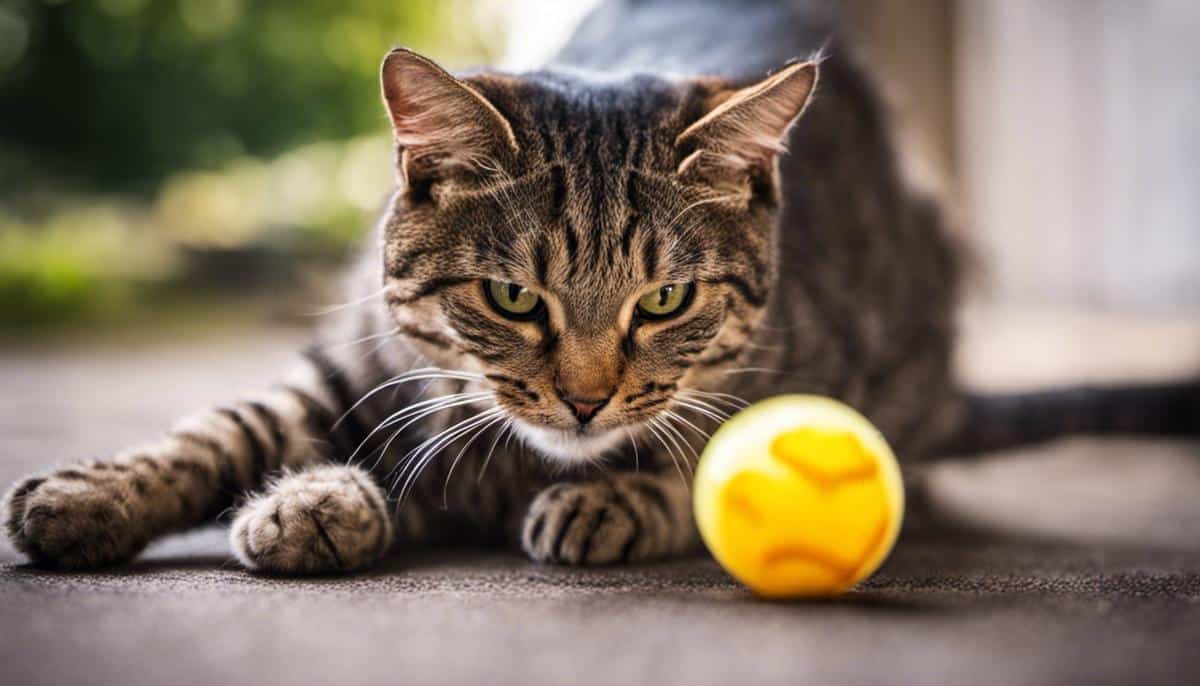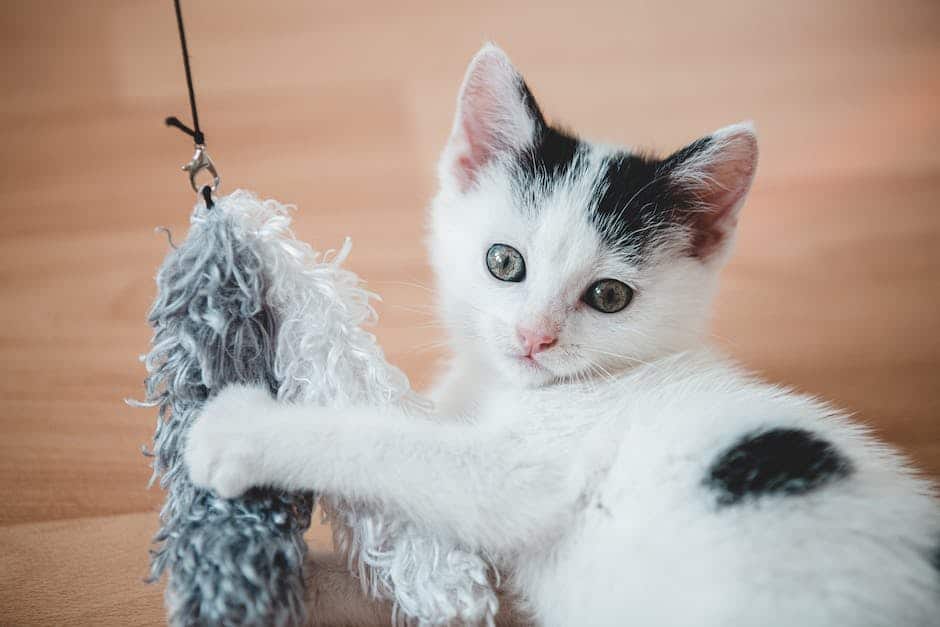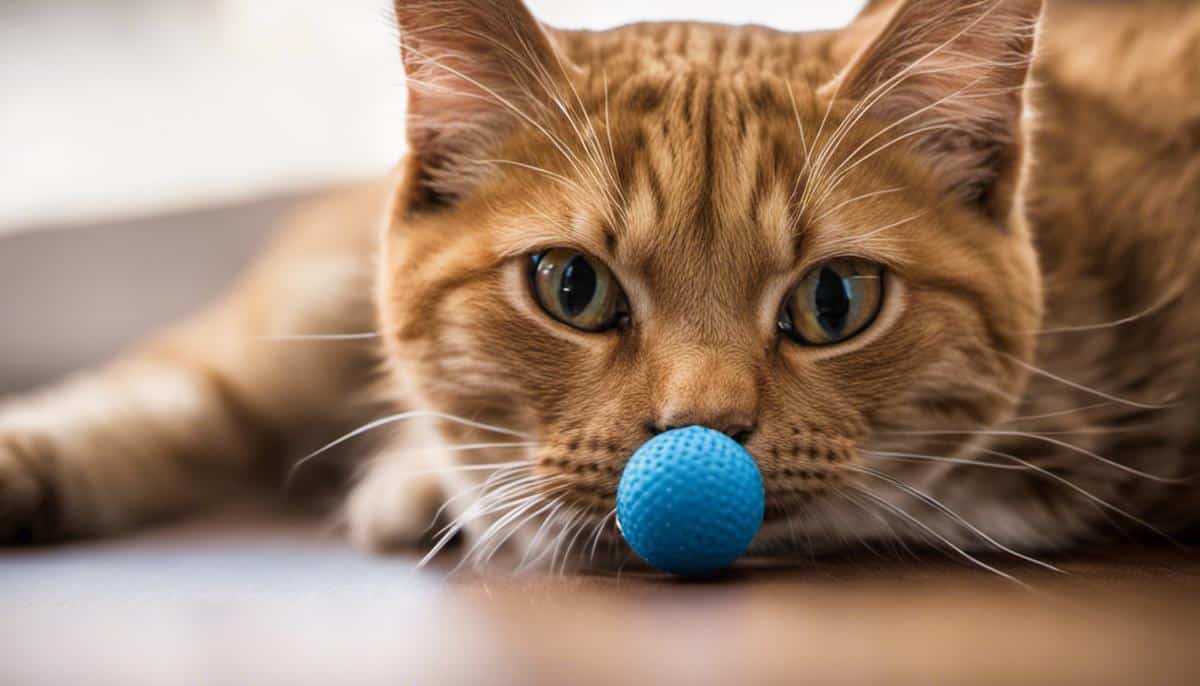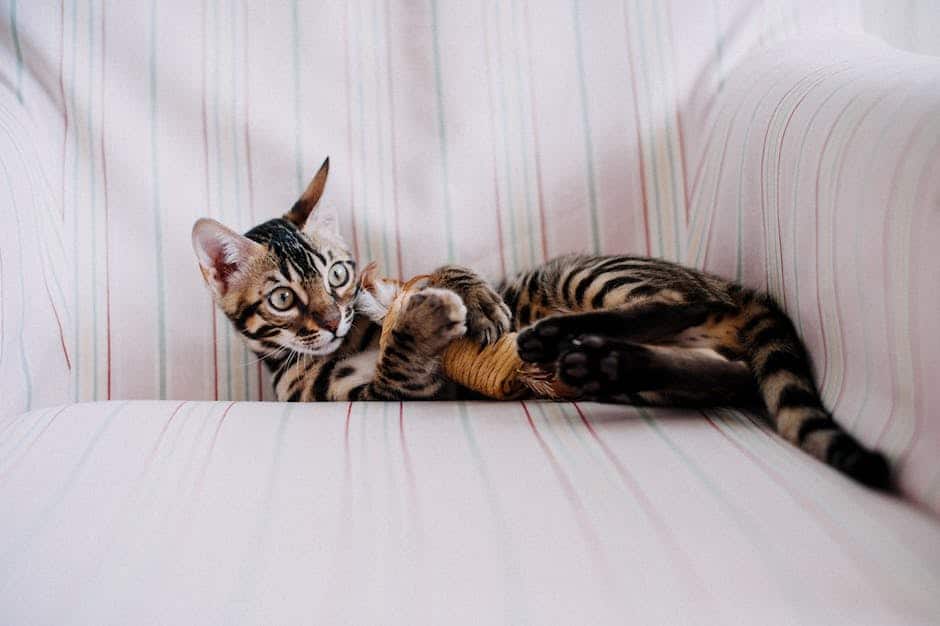
The bond between humans and their feline companions can be incredibly enriching and rewarding. Yet, it can be hampered if your feline friend has a habit of using their teeth a bit too much. Biting in cats can stem from a variety of causes such as playfulness, fear, aggression, or even spurring from a desire for attention. By understanding why cats bite, we can lay down an effective blueprint for managing this behavior and facilitating a harmonious human-cat relationship. This includes developing humane training techniques that discourage biting, from redirecting biting behavior towards toys to using positive reinforcement for non-biting behavior. Plus, knowing how and when to respond when a bite happens can make a significant difference in curbing this habit.
Understanding Why Cats Bite
Decoding the Biting Behavior: Understanding Your Feline Friends
Hello and welcome, dear friends! It’s our customary congregation spot, where we exchange ideas, tips, and advice about everything family, and today’s focus is our furry friends – the cats. Have you ever wondered why your beloved feline companion sometimes gets a little feistier? They’re usually such docile, peaceful creatures, but those swift shifts in mood do happen. If a cat bite encounter has left you puzzled or worried, here are some common reasons behind such actions that might help clear things up.
- Playfulness:
The first and foremost reason could be playfulness. Cats are hunters by nature. Biting could be their version of stabbing a playful jab at you. Often, this looks like your cat staring at you, springing into a sudden pounce, followed by a gentle nibble. Remember, a playful bite isn’t intended to harm, but always encourage gentle play to prevent the bites from becoming too hard.
- Overstimulation:
Cats have highly sensitive skin and fur coats, which means that too much petting can sometimes lead to overstimulation. You may have noticed that your cat initially enjoys the petting session, but suddenly withdraws or bites. This can be due to the overactivation of their nerve endings. Try to observe your pet and learn how much petting they’re comfortable with.
- Distress:
Whenever threatened or stressed, cats can bite as a way to defend themselves. Any potentially stressful situation such as an unfamiliar guest, a change in the environment, or a loud noise can prompt this. In these cases, giving your cat a little space can help.
- Medical Issues:
If the biting is frequent and seems almost out of nowhere, it might be time to consider if your cat is experiencing any physical discomfort or health issues. Dental pain, arthritis, or skin infections can make your cat irritable and lead to biting. If you suspect this to be the case, it’s best to consult your veterinarian.
- Communicating Needs:
Cats often use biting as a form of communication. It could be their simple request for attention or expressing that they’re hungry. Try to understand your cat’s unsaid communication protocol to better meet their needs.
Remember, understanding your cat’s behavior requires patience and observance. After all, each one of our feline companions is unique in its own way. By taking time to discover their distinctive characteristics and triggers, you’re building a deeper bond with your pet. Feel free to share your thoughts and experiences and, of course, adorable cat pictures!
Navigating the ups and downs of pet companionship is a cherished part of our family life, and together, we make it a more rewarding journey. Happy parenting, to your kids and your pets!

Training Techniques To Discourage Biting
Diving Deeper: A Game Plan to Address Your Cat’s Biting Habit
Parenting extends beyond our human babies; it encompasses pets too. For many families, our feline companions are an integral part of the household. And while cats have distinct personalities and quirks, sometimes, we may find ourselves at the sharp end of these behaviors, literally. While previous articles have shed light on why your furry friends might resort to biting, we’re taking it one step further in this post and compiling a list of strategies to help train your cat to curb these biting habits.
First and foremost, it’s essential to remain patient. If there’s one thing cat lovers know, it’s that felines can be stubborn. But remember, we’re dealing with instinctual behavior here. The road to changing these patterns might be long and winding, but with love, patience, and consistency, progress can be made.
One of the most effective strategies is redirecting their biting habit. Cats often bite out of playfulness, and while it may hurt a little (or a lot), it’s essential to not react angrily. Instead, provide them with a suitable alternative. Make sure you have an abundance of toys and engage in stimulating play sessions with your cat. It is advisable to use toys that replicate their natural prey, like mice or birds. This will deter your kitty from biting you and offer them a safer outlet for their energy.
Consistent reinforcement is key to teaching your cat to differentiate between appropriate and inappropriate behavior. Whenever your cat behaves undesirably such as biting, you could use a stern “NO” and slowly withdraw your hand. Once they stop, compliment them or offer a treat. This form of praise encourages positive conduct, and your cat will gradually understand what’s acceptable and what’s not.
Taking a close look at your environment is also important. Cats are territorial creatures and can feel threatened or stressed if their environment is not as they’d like. By offering your cat plenty of hiding places and high spots, you’re giving them spaces where they feel safe and secure, thus reducing the likelihood of biting out of distress.
Another useful strategy is behavioral training. Seek the help of a cat behaviorist to understand the root cause of biting and develop a personalized training plan. This professional guidance can be invaluable and is highly recommended for problematic cases.
Please remember, that each cat is unique, and what works wonders for one might not even make a dent with another. It’s all about getting to know your furry friends and tweaking strategies to suit them best. It may be a journey full of trial and error, but by remaining patient, consistent, and loving, you’ll be able to help your cat navigate through their biting habit.
Let’s embark on this journey together, dear reader. Because there’s nothing more satisfying than achieving that harmonious relationship with our feline companions built on mutual understanding and respect. After all, we’re not just pet owners; we’re a community.

Consulting With a Veterinary or Animal Behaviorist
Seeking Proactive Solutions: When to Enlist a Professional in Addressing Cat Behavior
Has the biting issue persisted in our feline friends, even after understanding the multitude of reasons why cats may resort to this behavior? We’ve already examined a plethora of causes such as pets being too playful, dealing with overstimulation, feeling threatened, suffering from a physical ailment, and even using biting as a means to communicate. However, sometimes, despite a pet parent’s best endeavors, the issue might not be resolved, leading to a question – when is it time to seek professional help?
The truth is, every fur baby is like a unique puzzle, and even with a careful study of their behaviors, triggers, and characteristics, their biting habit might still persist. Utilizing patience while dealing with the issue goes a long way, and most of the time, it’s about trying different tactics until the right one clicks.
Redirecting their biting to toys and organized play sessions, providing consistent reinforcement for appropriate behavior, and creating a friendly, stress-free environment for the cat are excellent ways to start. However, it may be necessary to find further assistance if these methods have been exhausted with little to no success. That’s where a fresh perspective might help.
This is where a professional cat behaviorist could bring value. Think of them as cat whisperers, armed with a unique understanding of what strikes a chord with our feline friends. They can offer insights into cat behavior that pet parents might overlook or not be aware of, providing personalized strategies tailored to address the specific nuances of a cat’s behavior. This specialization might be exactly what is needed to break through the biting habit.
As always, patience and consistent effort are vital, but when addressing chronic biting becomes too overwhelming, seeking help doesn’t denote failure on the pet parent’s part. It signifies the stand to do what’s best for the cat.
A harmonious relationship with our pets is significant and so is being part of the broader community of pet parents. Remember, raising a fur baby is not a competition, but a joint effort from everyone who values the joy and excitement these adorable creatures bring. Isn’t it heartwarming to think about how each cat is unique, and at the same time, a part of our big, joyful cat-loving family?
In the end, the goal is to nurture an environment where both pet and pet parents can thrive. Seek help when necessary, stay patient, and don’t forget to share your journey! We’re all here to support, learn, and grow together in this incredible journey of pet parenthood.

Most importantly, never hesitate to seek professional help if your cat’s biting behavior becomes concerning or does not improve despite your best efforts. Consulting with a veterinarian or a specialized animal behaviorist can offer a depth of understanding about your cat’s specific needs and behaviors that you may not possess. However, remember, every cat is unique, and what works for one may not work for another. Hence, maintaining patience, perseverance, and a calm attitude are undoubtedly valuable tools in your journey toward creating a harmonious and bite-free companionship with your cat.
Legal Disclaimer: This post is intended for informational purposes only and does not replace professional advice. Always consult with a veterinarian or a professional dog trainer for any concerns or guidance.





